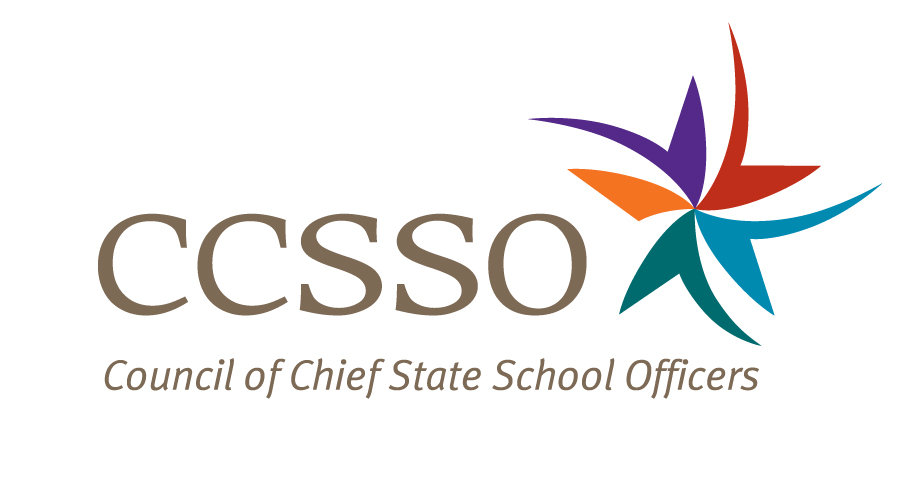
Washington, D.C. (April 8, 2019) –– Council of Chief State School Officers (CCSSO) Board President and Pennsylvania Secretary of Education Pedro Rivera today delivered a State of the States address at the Council’s 2019 Legislative Conference, sharing specific ways that states are leading to create conditions for learning and quality college and career readiness opportunities for all students.
Rivera opened the conference before an audience of the nation’s state chiefs, state education agency staff and national education advocates by sharing his own personal story – as an academically struggling student in Philadelphia and later as a teacher seeking to inspire his own students – to illustrate the vital role schools and educators play in creating conditions for learning that make all students feel safe and valued.
“Public schools are the great equalizers of our country, and we as state education chiefs have a responsibility to ensure that they play that role effectively for the millions of public school students who attend them—and who rely on them to guide the way toward brighter futures,” Rivera said. “Equity is the bedrock of everything we do as state education chiefs.”
CCSSO’s Leading for Equity publication anchors the steps states are taking to improve educational equity. The publication offers 10 actions state leaders can take to prioritize equity and ensure they are advancing equitable education opportunities across their systems. These 10 commitments include setting a clear vision for equity in our states, allocating resources to achieve fiscal equity, investing in the youngest learners, and improving conditions for learning for every child.
“It’s been inspiring to see our states unite around these commitments, put them into action, and make great strides when it comes to equity over the past two years,” said Rivera.
Rivera’s presidential platform is focused on “Leading for Equity Commitment #9: Improve the Conditions for Learning.”
“We know that if a child’s basic needs are unmet—if they come to school hungry or traumatized or experiencing homelessness—then it’s exceedingly more difficult for them to learn. Their playing field isn’t equal to their peers, even if they’re held to the same high academic standards,” he said.
Rivera highlighted how Pennsylvania has partnered with outside organizations and businesses that provide food assistance, heath care, mental health resources, and other services aligned with communities’ needs.
Schools and teachers, however, can’t do this work alone, Rivera said.
“We need to recognize that schools and teachers shouldn’t be the sole providers of students’ basic needs. Public education systems must forge partnerships with organizations and community resources that can help fill the gap for those students who need it and as state chiefs, we must remove--no we must break—the systemic barriers that may be inhibiting this collaborative work,” he said.
In addition to states addressing conditions for learning, Rivera highlighted innovative steps states are taking to ensure students are prepared to effectively participate in the workforce and pursue high-wage, high-skill careers.
“We must not lose sight of this amazing power that lies in public education,” Rivera said, in conclusion. “We must keep working to ensure that every child receives the excellent education and opportunities that they deserve. We’re on our way, we’re making progress, and I invite you to join me as we continue on this path toward educational equity.”
###
The Council of Chief State School Officers (CCSSO) is a nonpartisan, nationwide, nonprofit organization of public officials who head departments of elementary and secondary education in the states, the District of Columbia, the Department of Defense Education Activity, Bureau of Indian Education, and five U.S. extra-state jurisdictions. CCSSO provides leadership, advocacy, and technical assistance on major educational issues. The Council seeks member consensus on major educational issues and expresses their views to civic and professional organizations, federal agencies, Congress, and the public.
You May Also Be Interested In ...